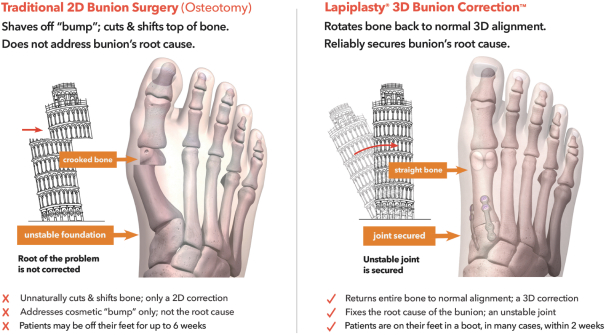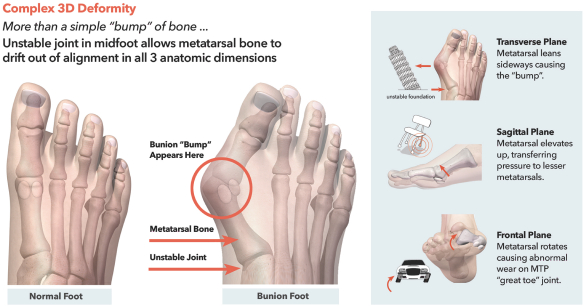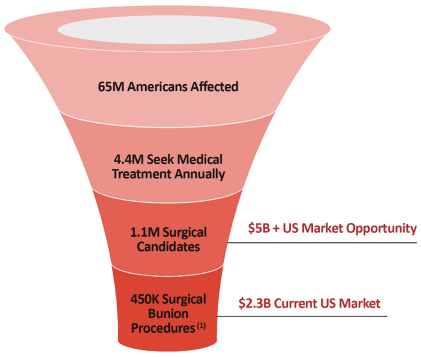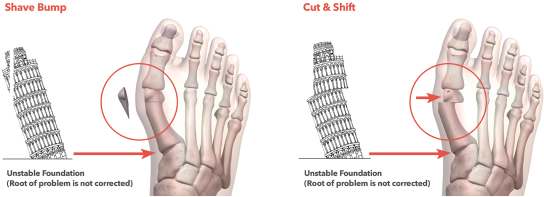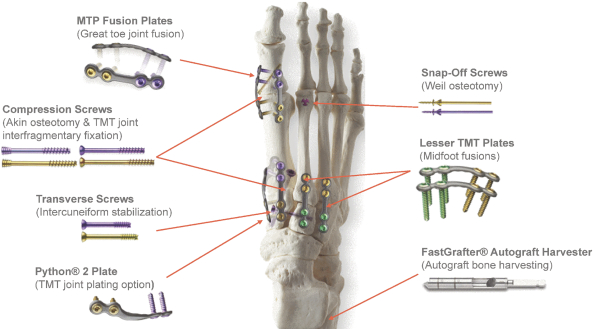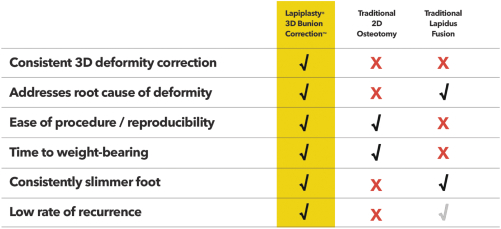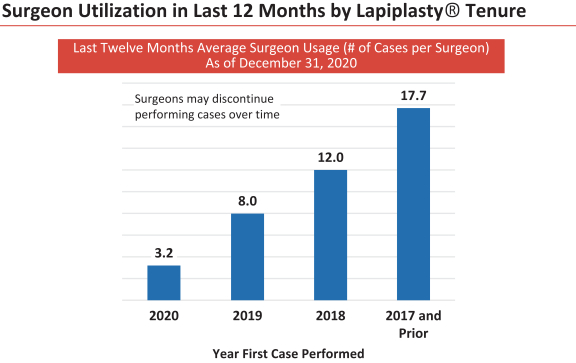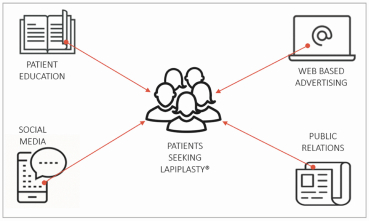We may in the future discover material weaknesses in our system of internal financial and accounting controls and procedures that could result in a misstatement of our financial statements. If we are unable to remediate future material weaknesses, or otherwise maintain effective internal control over financial reporting, we may not be able to report our financial results accurately, prevent fraud or file our periodic reports in a timely manner, which may adversely affect investor confidence in us and, as a result, our stock price and ability to access the capital markets in the future.
In addition, our internal control over financial reporting will not prevent or detect all errors and all fraud. A control system, no matter how well designed and operated, can provide only reasonable, not absolute, assurance that the control system’s objectives will be met. Because of the inherent limitations in all control systems, no evaluation of controls can provide absolute assurance that misstatements due to error or fraud will not occur or that all control issues and instances of fraud will be detected.
Furthermore, in connection with the future attestation process by our independent registered public accounting firm, we may encounter problems or delays in completing the implementation of any requested improvements and receiving a favorable attestation. If we cannot favorably assess the effectiveness of our internal control over financial reporting, or if our independent registered public accounting firm is unable to provide an unqualified attestation report on our internal controls, our stockholders could lose confidence in our reporting and the market price of our common stock could decline. In addition, we could be subject to sanctions or investigations by the Nasdaq Stock Market, the SEC or other regulatory authorities.
We are subject to U.S. anti-corruption, export control, sanctions and other trade laws and regulations (collectively, the Trade Laws). We can face serious consequences for violations.
We are subject to anti-corruption laws, including the U.S. domestic bribery statute contained in 18 U.S.C. 201, the U.S. Travel Act, and the U.S. Foreign Corrupt Practices Act of 1977, as amended. These anti-corruption laws generally prohibit companies and their employees, agents and intermediaries from authorizing, promising, offering or providing, directly or indirectly, corrupt or improper payments or anything else of value to recipients in the public or private sector. We can be held liable for the corrupt or illegal activities of our agents and intermediaries, even if we do not explicitly authorize or have actual knowledge of such activities. We are also subject to other U.S. laws and regulations governing export controls, as well as economic sanctions and embargoes on certain countries and persons.
Violations of Trade Laws can result in substantial criminal fines and civil penalties, imprisonment, the loss of trade privileges, debarment, tax reassessments, breach of contract and fraud litigation, reputational harm and other consequences. Likewise, any investigation of potential violations of Trade Laws could also have an adverse impact on our reputation, our business, results of operations and financial condition.
We, along with our suppliers, are dependent on various information technology systems, and failures of, interruptions to, or unauthorized tampering of those systems could have a material adverse effect on our business.
We and our suppliers rely extensively on information technology systems to conduct business. These systems include, but are not limited to, ordering and managing materials from suppliers, converting materials to finished products (suppliers), shipping products to customers, processing transactions, summarizing and reporting results of operations, complying with regulatory, legal or tax requirements, providing data security and other processes necessary to manage our business.
Despite the implementation of security measures, our internal computer systems and those of our contractors, consultants and collaborators are vulnerable to damage from cyberattacks, “phishing” attacks, intentional or accidental actions or omissions to act that cause vulnerabilities, computer viruses, unauthorized access, natural disasters, terrorism, war and telecommunication and electrical failures. Attacks upon information
52

